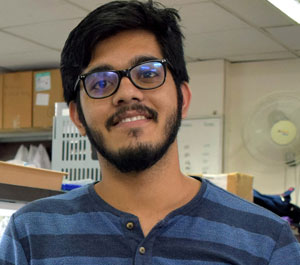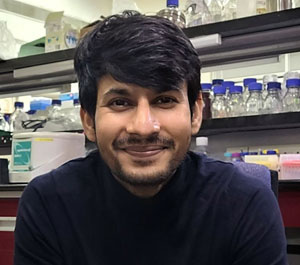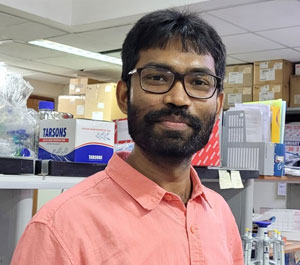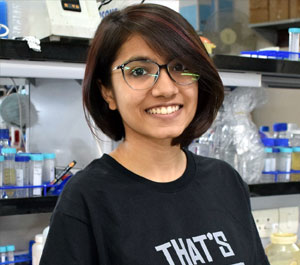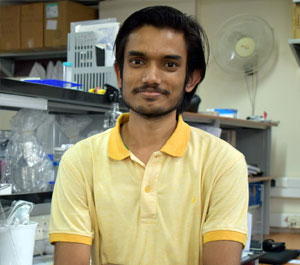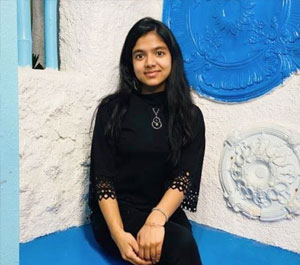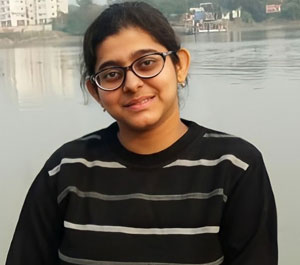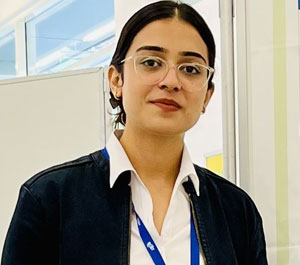The SAInI lab, is an acronym that stands for Signalling in Ageing, Inflammation and Infection, the three paradigms that our group work on. Towards understanding aging and inflammation, our laboratory focuses on a class of receptors known as G protein coupled receptors (GPCRs) and their roles in the cascade of events which occur when cells grow old aka ‘age’. Receptors, however, do not work in isolation, and our lab is keenly pursuing the mechanisms by which GPCRs and receptors of other classes ‘cross-talk’. We study the ramifications of such cross-talk in the context of cellular responses in aged cells using live imaging, pharmacological, gene inactivation approaches along with transcriptomic, proteomic and metabolomic profiling. The ongoing work is expected to impact our understanding of events which govern the age associated inflammation, tissue injury and infection. Till date, our work has allowed us to identify and characterize molecules which regulate DNA damage, which leads to aging; govern initiation and maintenance of aged cells; regulate age associated inflammation and the intrinsic anti – aging mechanisms triggered when cellular insults occur.
Similarly the ‘prokaryotic’ bacterial cells also possess an extensive internal network of connections that direct specific responses to specific stimuli. In this area, our laboratory is interested in pathogenic bacterium, Mycobacterium tuberculosis (Mtb), responsible for the disease of tuberculosis, currently ranked second worldwide, in terms of the number of deaths caused by an infectious agent. We specifically study two component signalling (TCS) cascades and have recently reported presence of intricate networking amongst TCS systems in Mtb. These findings have been very novel and help provide insights into the mechanisms by which Mtb senses, manipulates and as a consequence survives inside its host cell. Further work towards understanding the implications of our findings is currently ongoing, including in vivo analysis of the observed cross talk and development of tools to study these studies in living cells. We expect that the discovered features will improve our understanding of the tuberculosis disease process and in future could open up new avenues for targeting this dangerous human pathogen.

For prospective students, the SAInI lab offers a view into the dynamics of signalling networks inside live cells, because “Seeing is Believing”.
Link to google scholar: https://scholar.google.com/citations?user=HzjNcegAAAAJ&hl=en&oi=ao

